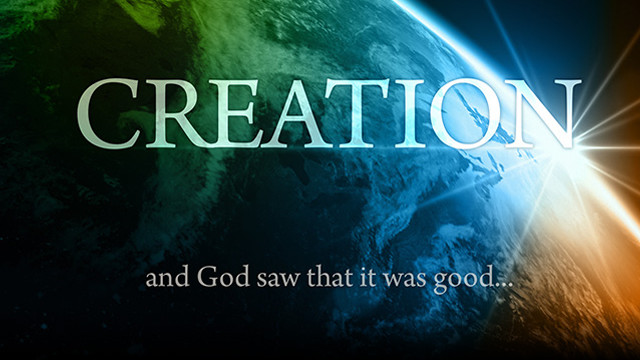

A Prayer for Our Environment from Pope Francis' Laudato Si'
Salt + Light Media
Tuesday, June 5, 2018

CNS photo/Kim Jae-Sun, EPA
Join us today in effort to create worldwide awareness on the importance of our environment with this prayer taken from Pope Francis' encyclical Laudato Si':
All-powerful God, you are present in the whole universe and in the smallest of your creatures. You embrace with your tenderness all that exists.Pour out upon us the power of your love, that we may protect life and beauty.Fill us with peace, that we may live as brothers and sisters, harming no one.O God of the poor, help us to rescue the abandoned and forgotten of this earth, so precious in your eyes.Bring healing to our lives, that we may protect the world and not prey on it, that we may sow beauty, not pollution and destruction.Touch the hearts of those who look only for gain at the expense of the poor and the earth. Teach us to discover the worth of each thing, to be filled with awe and contemplation, to recognize that we are profoundly united with every creature as we journey towards your infinite light.We thank you for being with us each day. Encourage us, we pray, in our struggle for justice, love and peace.
CREATION series on Salt and Light Television
 Salt and Light Television has produced a six-part series that seeks to find the answer within God’s revelation as found in his creation and the teachings of the Catholic Church. Creation shows that dealing with environmental issues by focusing on political, economic, or ideological solutions alone is noble, but lacking. Instead, what the Catholic Church has said over the centuries about the sacredness of all creation can lead us to real answers to today’s environmental challenges – answers grounded in the truth of creation as good, full of dignity, and deserving of our care.
Creation takes us all over North America to meet people with stories that highlight Catholic environmental principles. Our stories draw attention to many issues – waste management, urban and local farming, water shortages, contamination and waste water treatment– and offer the answers that many of you are seeking with regards to our concerns about the environment.
For more information on the series visit our website
Salt and Light Television has produced a six-part series that seeks to find the answer within God’s revelation as found in his creation and the teachings of the Catholic Church. Creation shows that dealing with environmental issues by focusing on political, economic, or ideological solutions alone is noble, but lacking. Instead, what the Catholic Church has said over the centuries about the sacredness of all creation can lead us to real answers to today’s environmental challenges – answers grounded in the truth of creation as good, full of dignity, and deserving of our care.
Creation takes us all over North America to meet people with stories that highlight Catholic environmental principles. Our stories draw attention to many issues – waste management, urban and local farming, water shortages, contamination and waste water treatment– and offer the answers that many of you are seeking with regards to our concerns about the environment.
For more information on the series visit our websiteRelated Articles:
<<













